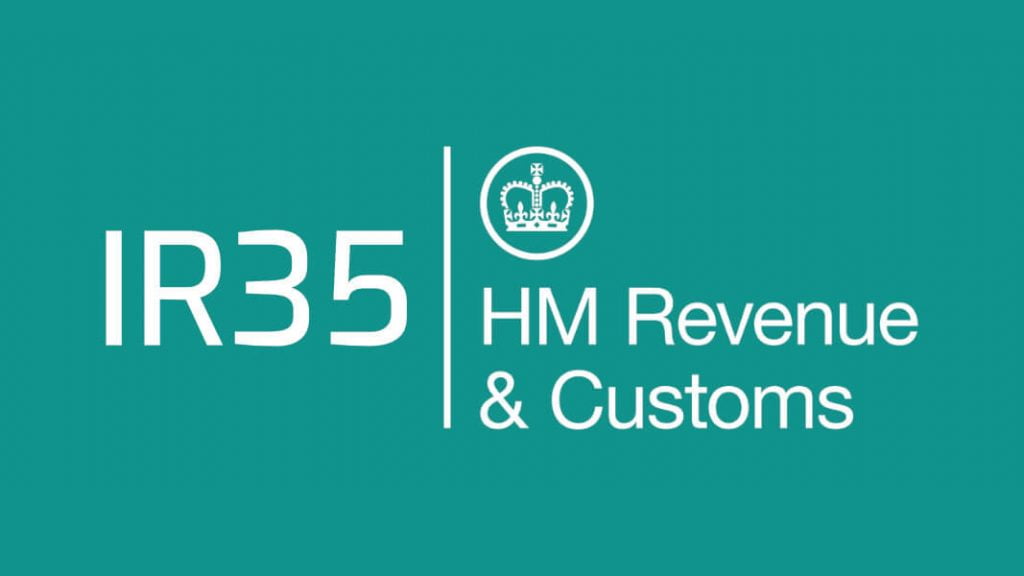What is IR35? Does it apply to your contract?
March 12, 2022

What is IR35?
If you provide services through intermediaries, are a client receiving services through intermediaries, or are a company providing workers services through intermediaries, then IR35 is the law you should not ignore.
IR35, defined as off-payroll working rules by HMRC. IR35 intends to identify contractors and businesses avoiding paying taxes by working as ‘disguised’ employees or businesses that engage self-employed to ‘disguise’ the true status of the employee.
Both businesses and contractors are benefited from it as the businesses avoid paying employee NICs and various rights and entitlements that employees enjoy, and the latter get tax and financial benefits.
Why was IR35 forced?
IR35 intends to identify the ‘disguise’ and ‘disguised’ and make sure they pay taxes and NICs like they would have if they were the employees.


What does IR35 status depend on?
HMRC has listed factors to define IR35. The following are the key factors applied to IR35:
- Supervision, Control, and Direction: It refers to the intensity to which the client oversees the contractor’s work. If the contractor has the freedom to work without any restrictions, then the contractor is outside IR35.
- Right to substitution: The contractor should have the to complete the work of the client by somebody else who has the same skills and qualifications. If the contractor fails to do so, then the contractor most likely falls inside IR35.
- Mutuality of Obligation: Contractors outside the IR35 have no obligations towards the client after the work is completed. The contractor also has the right to work with the client’s competitors.
Other factors include the payment methods, whether the contractor is using provided or own materials, equipment, and whether regular or guaranteed work is provided.
Who decides a contractor's IR35 status?
According to the latest changes this year, the company will determine the contractor’s IR35 status.
If the contractor falls inside IR35, HRMC sees you as an employee. You have to face Income Tax and National Insurances as other employees do.
If the contractor falls outside IR35, HRMC sees you as self-employed. You can enjoy the tax efficiency of a self-employed and avoid Income Tax. This was the rule for public sectors for a while but now applies to private sectors as well. Specifically, the medium and large-scale industries will be held responsible for determining the status. Whereas, the contractors working for small companies will continue to define the IR35 status by themselves.
Who decides a contractor's IR35 status?
Contractors who fall inside IR35 rules must be taxed and make contributions through PAYE, the
UK’s National Payroll System. That also means that the clients or companies hiring contractors
are responsible for deducting taxes and contributions before paying out the salary.
Recent Post
Have Any Question?
If it’s an urgent question or just a simple query, get in touch.

